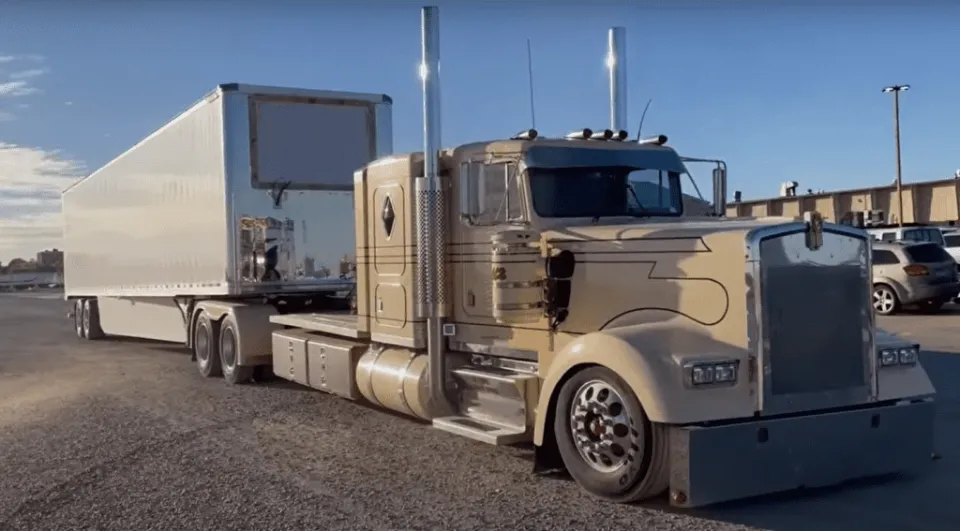
What Does Power Only Mean in Truck – Can You Make Money with It?
Choosing the best method for your company can be difficult given the wide range of freight transportation options available. You’ve likely heard of power-only trucking and are a little dubious about its advantages.
While Schneider provides the trailers that will transport the shipper’s freight, Power Only refers to the third-party carrier’s role of providing only the truck. All Power Only freight will therefore continue to use the same Schneider SCAC code.
Let’s discuss power-only trucking, including some benefits and drawbacks of doing so. In the end, only you can decide whether power-only trucking will fit your business.
What is Power-Only Trucking?
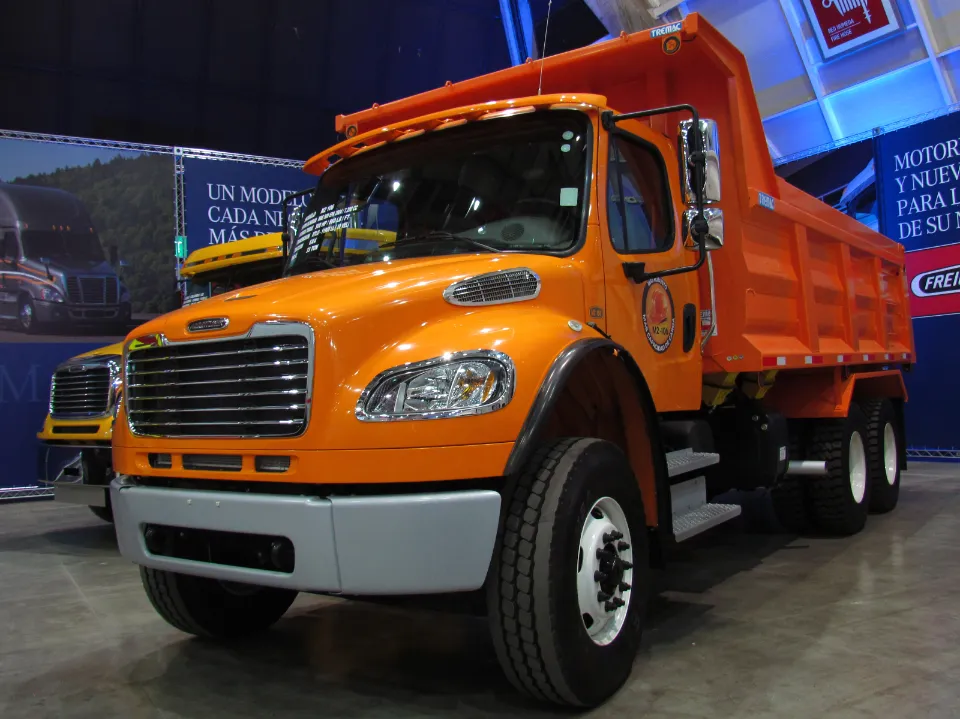
Power-only trucking is a method for transporting freight where a carrier provides the semi-tractor and truck driver — also called a “power unit” — needed to haul a shipment but not the trailer it’s resting on. In many cases, power-only trucking provides a convenient solution for shippers who either own or lease the fleet of trailers they use to move outbound freight.
Using power-only trucking is really quite easy, and it can be done for each shipper. Instead of sourcing for truck and trailer capacity, shippers that utilize this service work with their transportation partner to find a “power-unit” in their area and match it to their freight.
Typically, their provider will send a driver who, based on past performance, is trusted to transport each load safely. After the best-fit driver is located and a trailer interchange agreement is signed, this external “power unit” snuggly attaches the trailer’s kingpin to its fifth wheel, safely secures all of the freight and hits the open road.
What Types of Companies Use Power-Only Trucking?
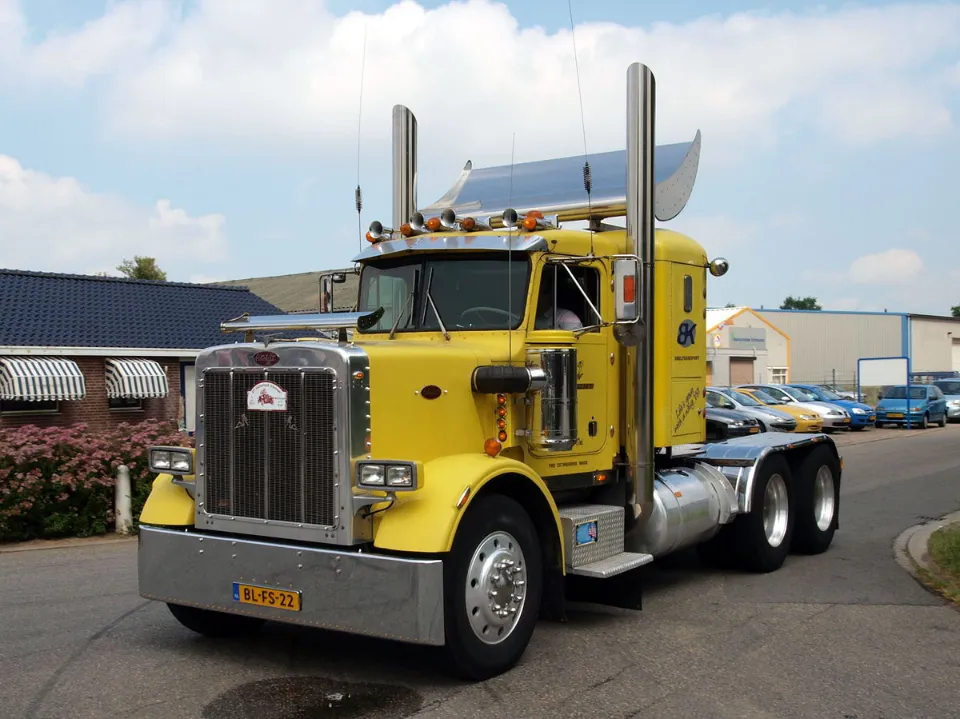
This method of transporting freight is typically employed by businesses that frequently ship open-deck or dry van commodities, possess a pool of trailers, and have few to no trucks or drivers available to pull them.
The pick-up-and-go nature of most open-deck and dry van freight makes it possible for these commodities to sit fully loaded — for what could become quite a bit of time — while a driver is found to haul them.
Additionally, having enough space for stationary trailers is a frequent trait of power-only shippers because the businesses that use this service typically do not have a semi-tractor and driver on hand to reposition trailers around their yard or from dock to dock.
Beyond this, companies that move perishable commodities like raw produce or other refridgerated freight typically aren’t able to utilize power-only trucking as the timing of their shipments matters greatly.
What Are the Advantages of Power-Only Trucking?
There are a number of reasons why shippers in this country have made power-only trucking a focal point of their supply chains. Why wouldn’t you take full advantage of something when it consistently works, helps you save money, and simplifies your life?
For the shippers whose supply chains it fits, power-only trucking has several advantages:
- It increases efficiency throughout the rest of their supply chain.
- On the front end, shippers save money.
- In the areas where they require it, it offers flexibility.
1. Creates Greater Efficiency in Other Parts of Their Supply Chain
Power-only trucking makes it much simpler for shippers to concentrate on other aspects of their business, especially when done with assistance from an excellent transportation provider.
Since they don’t need to wait around for a trailer to load, shippers can focus on the efficiency of their production schedules and maintaining their bottom line.
Often, power-only service providers — such as a freight brokerage or a 3pl — can preemptively coordinate pick-ups that smoothly fit each shipper’s needs.
Whenever they need it, these providers find each load’s truck and driver combo to get their freight moving.
As a result, they are never left waiting to load a soon-to-arrive trailer, which helps these businesses meet their deadlines and serve their clients more dependably.
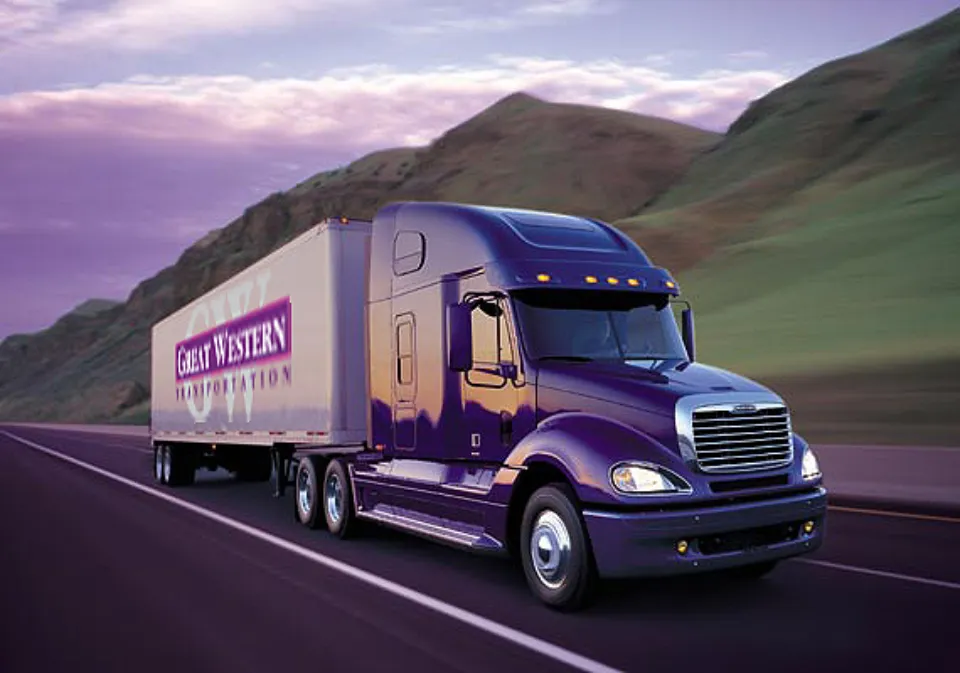
2. Saves Shippers Money on the Front End
In many cases, shippers looking to reduce their freight rates can benefit greatly from power-only trucking. As you might imagine, buying a fleet of semi-trucks and hiring their drivers is a significant investment that many shippers prefer to avoid whenever possible.
Shippers can accomplish this by using power-only trucking. These businesses can use the money to invest in other areas of their business since they are not responsible for the costs associated with owning and operating a fleet of tractors.
Additionally, truckers may occasionally prefer power-only loads over a full-fledged truck and trailer pick-up. Truckers, you see, are bound by a stringent set of governmental laws that limit the number of on-duty service hours they are legally permitted to work—14 in a 24-hour period.
Drivers constantly strive to maximize their time as a result because for them, time is actually money. Power-only pickups relieve drivers of the need to wait around and waste their allotted hours of service (HOS) clock while a trailer is being loaded.
Instead, power-only trucking enables drivers to pick up a load and transport it to its destination without forfeiting extra time and, consequently, money.
As a result, transportation service providers, such as freight brokers, have an easier time “selling” power-only freight to the carriers near these shippers’ facilities.
The more convenient a load is for a driver, the more willing they are to service it. And, in this industry, a convenient load often comes at a relaxed rate.
3. Provides Flexibility Where Needed
You understand how crucial flexibility can be as a shipper in a quick-paced industry. However, finding the capacity to meet your deadlines can frequently be challenging, particularly given how competitive the transportation market has recently been.
Because power-only shippers have trailers onsight, they can essentially “store” their freight until its trucking solution arrives. They still get the advantages of having a drop trailer on hand to load at their own pace while not having to pay the cost of drop trailer service, which is very beneficial.
Shippers are then able to source power-only capacity where they are and at the time that they need it because their trailers are loaded and prepared. And with adequate planning, scrambling for a last-minute fix to get freight out the door rarely becomes a problem.
What Are the Disadvantages of Power-Only Trucking?
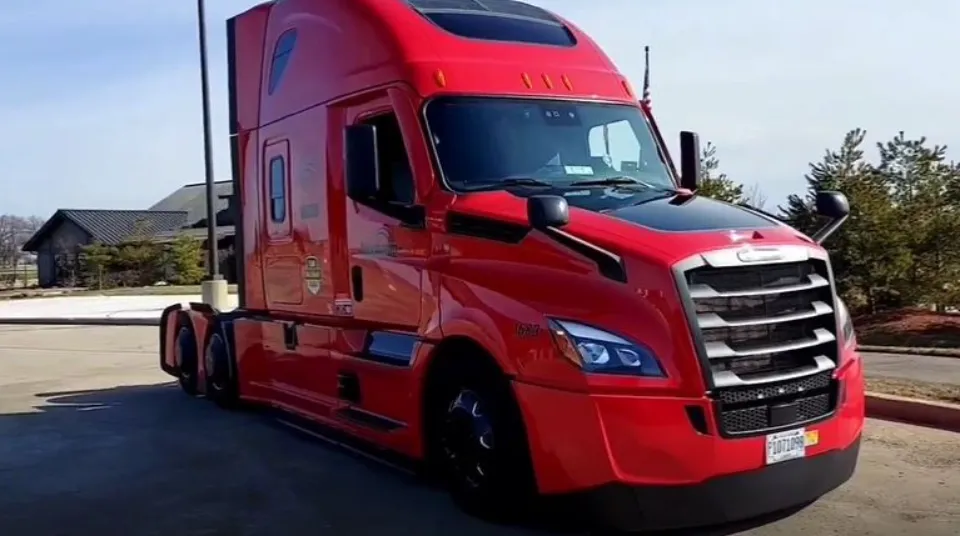
Power-only trucking undoubtedly has many benefits, but it also has drawbacks. Let’s talk about the main disadvantages of using power-only services to move your freight, which are:
- Shippers need to maintain and service trailers
- It can become costly on short notice
- It can complicate supply chain logistics
1. Shippers Need to Maintain and Service Trailers
The companies that utilize power-only trucking need to monitor and perform upkeep on the trailers in their fleet consistently and vigilantly. While keeping up a fleet of trailers isn’t nearly as expensive as maintaining a tractor on a regular basis, it still has expenses.
Prior to pickup, it is crucial to check that the landing gear, brake lights, and kingpin are all fully functional and that each trailer is fit to tow every load.
Should a trailer need to be replaced or fixed, this expense falls solely on the company that owns it.
Drivers will thoroughly check each trailer upon arrival to make sure it is in perfect working order before they depart. If a driver isn’t confident in the condition of the trailer they’re set to haul, they may refuse a load — causing costly delays for the shipper. For this reason, power-only shippers should give priority to routine trailer maintenance.
Additionally, the initial cost of buying a pool of trailers to do so can be high for shippers hoping to incorporate power-only trucking into their supply chain.
2. Power-only Can Be Costly on Short Notice
The cost of urgent shipments, whether they are power-only or not, is frequently higher even though competent providers price each power-only load to complete the shipment.
Always expect to pay a driver more if they need to deadhead to your facility than you would have if your provider had given you more time to find a solution. As a general rule of thumb, a window of 24-72 hours — before your load needs to be picked — should be more than enough time for your transportation provider to find you a competitively-priced power-only solution.
The contracted rates that shippers establish with their provider should help to alleviate some of these problems for shippers who move power-only freight on a regular basis. Make sure to ask your provider if a contracted rate might better suit your needs, especially if you frequently see increased freight rates due to a lack of lead time.
3. Power-only Can Complicate Supply Chain Logistics
For many shippers, power-only trucking can be convenient, but if a power-only trailer needs to be returned to its point of origin, problems may occur. Since these trailers are pulled by external “power units” transporting them back to a shipper’s “home base” following a drop-off can get costly — especially if each trailer isn’t utilized.
It’s crucial that the shippers using this service employ a high level of logistical oversight in order to get the most out of each trailer and in the interest of paying for few deadhead miles. Power-only trucking is really only practical for shippers who can reuse a single trailer’s trailer space more than once after its initial departure.
As such, power-only trucking is best for shippers whose supply chain allows for one of two things:
- Return shipments from a destination back to the origin.
- Shipments that repeat in a cycle from point A to point B to point C and back to point A.
Power-only shipping can become expensive for shippers who can’t make the logistics of these requirements work because they have to keep paying to move empty trailers back to their facilities.
Who Works With Power Only Trucking Companies?
Companies that frequently transport open-deck or dry van goods maintain a fleet of trailers, but because there aren’t many cars on the road, drivers occasionally use this method of transportation.
Because most open-deck and dry-van freight is picked up and delivered right away, it is possible to find a driver who will let the cargo wait for a while.
Additionally, having enough space for stationary trailers is a common characteristic of power-only shippers because the companies that use this service don’t have a semi-tractor and driver on-site to move trailers around their yard or from dock to dock.
If they don’t have access to many trailers or a safe place to store them for extended periods of time, shippers may find it difficult to use power-only trucking.
Beyond this, enterprises who transfer perishable items like fresh fruit or other refrigerated freight often aren’t able to employ power-only trucking since the timeliness of their shipments matters tremendously.
What Goods Can Power Only Carriers Transport?
Using purely electric power while driving is advantageous for several reasons. Power-only trucking companies are capable of transporting a wide range of cargo. The following are some examples:
- Flatbed trailers
- Refrigerated trucks
- Shipping containers
- Tankers
- Dry vans
Of course, you will need several vehicles to handle the various loads. Oversized loads and loads containing hazardous items, for example, often need the services of a driver with the appropriate qualifications and training.
Shippers need to know as much as they can about their cargo in order to succeed with power-only trucking.
Conclusion
Just one small part of your operations involves moving your goods. If you’re not careful, the cost of these services could quickly get out of control. To be better prepared to maximize your shipping budget, be sure to do your research now.
FAQs
What Are Power Loads Only?
Power only trucking is a full truckload capacity solution that occurs when a carrier provides only a driver and a tractor (also known as a “power unit”). In a power-only delivery, the driver attaches to and tows a trailer that is either rented or owned by a 3PL or shipper, rather than bringing their own.
What is the Meaning of Power Only?
Power-only” means that the carrier supplies the semi-tractor plus truck driver (the “power unit”), while the shipper provides the trailer. Power-only trucking is frequently a cost-effective method for shippers who own or lease their fleet of trailers to transport freight when moving goods.
What is a Power Only Load Board?
The phrase simply describes a load in which the shipper or broker provides the trailer and the truck is provided by the carrier or owner-operator. If the driver connects his or her truck to another person’s fully-loaded trailer, it is a power-only load and could be a dry van, flatbed, or even a reefer.
Can You Make Money With Power Only?
The cost of managing power-only shipments for businesses is low for both the power units and the outside transportation companies.


Average Rating